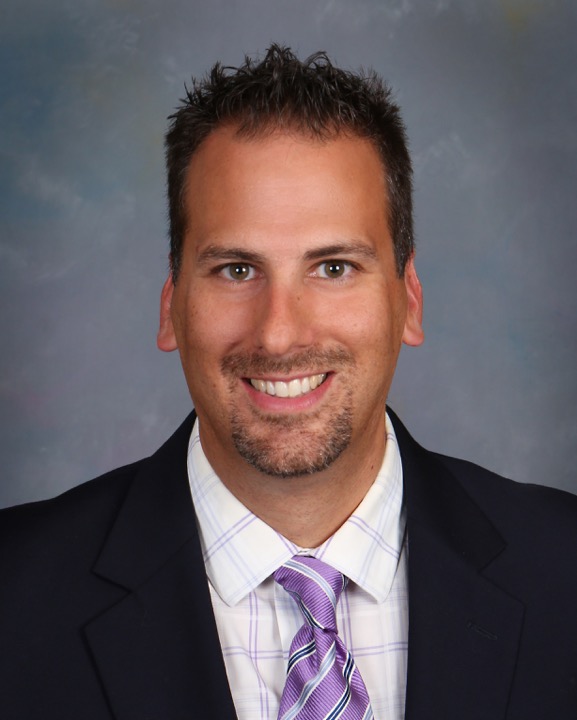What is HPV?
HPV stands for Human Papilloma Virus. There are more than 150 subtypes of this virus; some cause warts to grow  on hands, feet and genitals, while many others can cause cancer. HPV strains cause 90% of the cases of cervical, vulvar, vaginal and anal cancers. This virus is also responsible for most cancer cases in the head and neck region, such as tongue, lip, and throat cancer. Most people who contract the cancer-causing strains never know they are infected. The virus attacks them silently and usually without symptoms. Fortunately, most who contract the virus will have it clear on its own, leaving no lasting effects. However, some patients are not so lucky and will go on to develop cancer as a result of their HPV infection.
on hands, feet and genitals, while many others can cause cancer. HPV strains cause 90% of the cases of cervical, vulvar, vaginal and anal cancers. This virus is also responsible for most cancer cases in the head and neck region, such as tongue, lip, and throat cancer. Most people who contract the cancer-causing strains never know they are infected. The virus attacks them silently and usually without symptoms. Fortunately, most who contract the virus will have it clear on its own, leaving no lasting effects. However, some patients are not so lucky and will go on to develop cancer as a result of their HPV infection.
Who is at risk?
While the wart-causing strains can be contracted by simply walking barefoot on a pool deck, the cancer-causing strains require more intimate contact. Most people who have had any type of sexual contact have contracted a form of HPV. Again, many will clear the virus naturally, but others are not so lucky. Because the strains that cause cancer do not cause warts, most people have no idea they have been infected, and the virus spreads very easily.
What does the vaccine help prevent?
When given as recommended, the vaccine is 97% effective against the strains that can cause cancer and genital warts. The vaccine does not prevent the strains that cause common warts or plantar warts. This is a cancer-preventing vaccine, designed to protect our children from the devastating effects of HPV-related cancers.
Who should be vaccinated?
All children should be vaccinated, starting as early as age 9. While the vaccine can be given until age 26, it is best to start the vaccine when your child is young because it is most effective when given earlier. In fact, the Centers for Disease Control recently revised its recommendation so that children who begin the vaccine before the age of 15 only need two doses. Children who wait until 15 or older to start the vaccine will require three doses for completion. So it makes a lot of sense for children to begin the series as early as possible.
Is the vaccine safe?
Yes. The vaccine has been on the market for more than 10 years, and is just as important as other vaccines such as measles or whooping cough. The most common side effect is lightheadedness immediately after administration. However, this is a known side effect of all adolescent vaccines, and is not due to anything in the vaccine itself. The CDC recommends all adolescents remain seated for 15 minutes after immunizations to reduce the chance of lightheadedness or fainting. If all eligible children get this vaccine, I can imagine a day when HPV-related cancers will be just as rare as other vaccine-preventable illnesses such as polio or mumps.
For more information, or to schedule your child’s HPV vaccine, call Keystone Pediatrics- Chambersburg (709-7950), Keystone Pediatrics- Waynesboro (387-8060) or Keystone Family Medicine (709-7999).
This article contains general information only and should not be used as a substitute for professional diagnosis, treatment or care by a qualified health care provider.




